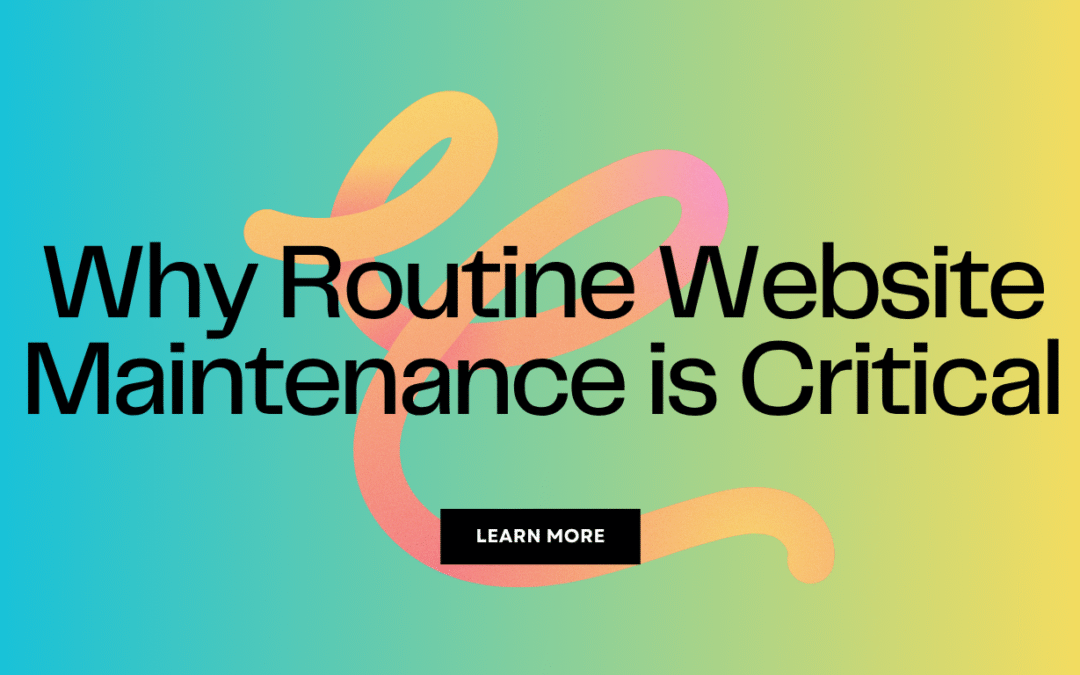How AI is Changing the Future of SEO
The rise of AI-powered search engines and chatbots like Google’s Search Generative Experience (SGE), Bing AI, and ChatGPT is transforming the way users find information online. Traditional SEO is evolving into AI Search Optimization (AI SEO)—a new approach that ensures your website is discoverable by AI-driven search tools.
In this guide, we’ll explore what AI SEO is, why it matters, and how you can optimize your website to rank higher in AI-driven search results.
What is AI SEO?
AI SEO is the process of optimizing websites to enhance their visibility in search engines and AI-powered tools that generate responses based on structured data, conversational queries, and authoritative content.
Unlike traditional SEO, which focuses on ranking in Google’s organic search results, AI SEO ensures that your content is picked up by AI chatbots, voice assistants, and generative search engines to provide direct answers to users’ queries.
Why is AI SEO Important?
- AI-Powered Search is Growing: Google and Bing are integrating AI into search, meaning websites need to adapt to these new ranking factors.
- Voice Search Optimization: AI-powered voice assistants like Siri, Alexa, and Google Assistant prioritize well-structured, conversational content.
- Zero-Click Searches: More searches are now answered directly within search results, reducing clicks to websites. Optimizing for AI search ensures your content is used in these responses.
- Structured Data Matters More: AI tools prefer well-organized, structured data for summarizing content accurately.
Key Strategies for AI Search Optimization (AI SEO)
1. Implement Structured Data (Schema Markup)
AI tools rely on structured data to understand website content better. Using Schema.org markup can help search engines and AI models interpret your content correctly.
How to do it:
- Add FAQ schema to your pages to increase the chances of appearing in AI-generated responses.
- Use JSON-LD structured data for articles, events, products, and business listings.
- Use Google’s Rich Results Test to validate your structured data.
2. Optimize for Conversational & AI-Powered Search
AI-driven search tools prioritize conversational content that answers user queries naturally.
Tips:
- Write in a Q&A format with long-tail conversational keywords.
- Optimize for Google’s People Also Ask (PAA) section.
- Structure your content to answer questions concisely while offering in-depth details.
Example: ❌ Old SEO: “Best hotels in Naukuchiatal”
✅ AI SEO: “What are the best hotels in Naukuchiatal with a lake view?”
3. Create AI-Optimized Content
Google’s AI-driven Search Generative Experience (SGE) and Bing AI prioritize content that follows E-E-A-T principles (Experience, Expertise, Authority, Trustworthiness).
Best practices:
- Write authoritative, in-depth content with credible sources.
- Use clear headings (H1, H2, H3, H4), bullet points, and concise paragraphs.
- Include high-quality images, videos, and infographics.
- Regularly update and refresh content to stay relevant.
4. Improve Technical SEO for AI Search
Technical SEO plays a crucial role in AI search optimization. AI tools prioritize fast, mobile-friendly, and easily indexable websites.
Key optimizations:
- Improve Core Web Vitals for better page speed and user experience.
- Ensure mobile-first design to rank higher in AI-powered searches.
- Optimize for zero-click searches by targeting featured snippets.
- Implement voice search optimization using natural language processing (NLP)-friendly content.
5. Build AI-Friendly Backlinks & Citations
AI search tools trust websites with high domain authority and backlinks from reputable sources.
How to boost authority:
- Get mentioned in authoritative publications (news sites, blogs, Wikipedia).
- Use HARO (Help a Reporter Out) to get cited by journalists.
- Earn backlinks through guest blogging and partnerships.
6. Optimize for Google’s Search Generative Experience (SGE)
Google’s SGE is an AI-powered search that generates direct answers from multiple sources. To appear in SGE results:
- Target niche, authoritative keywords.
- Ensure content is factually accurate and well-researched.
- Use structured data to enhance AI search visibility.
7. Monitor & Adapt to AI Search Trends
AI search is evolving rapidly. Stay ahead by:
- Tracking Google algorithm updates related to AI.
- Using AI-driven SEO tools like SurferSEO, Clearscope, or MarketMuse.
- Monitoring Google Search Console for AI-related insights.
Conclusion
AI Search Optimization (AI SEO) is the future of digital marketing. By optimizing for structured data, conversational queries, AI-driven search engines, and technical SEO, your website can stay ahead in the evolving AI-powered search landscape.
Want to boost your website’s AI SEO? Start implementing these strategies today to enhance your online visibility in AI-driven search engines and chatbots.
🚀 Need help optimizing your website for AI search? Contact Rational Systems Private Limited for expert SEO services!





